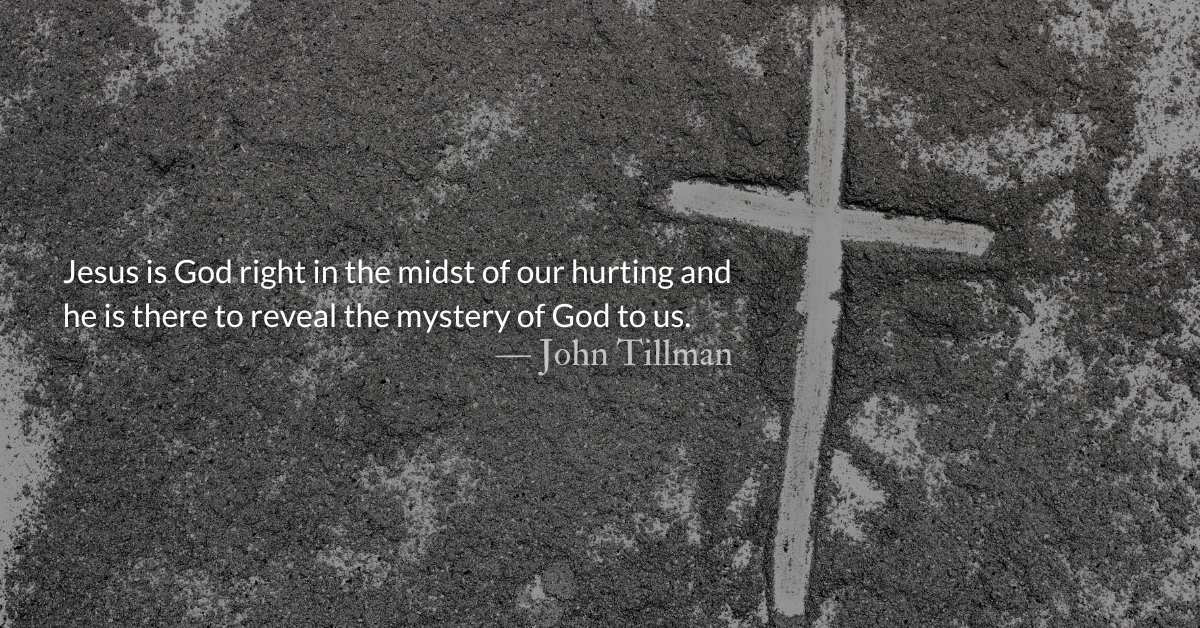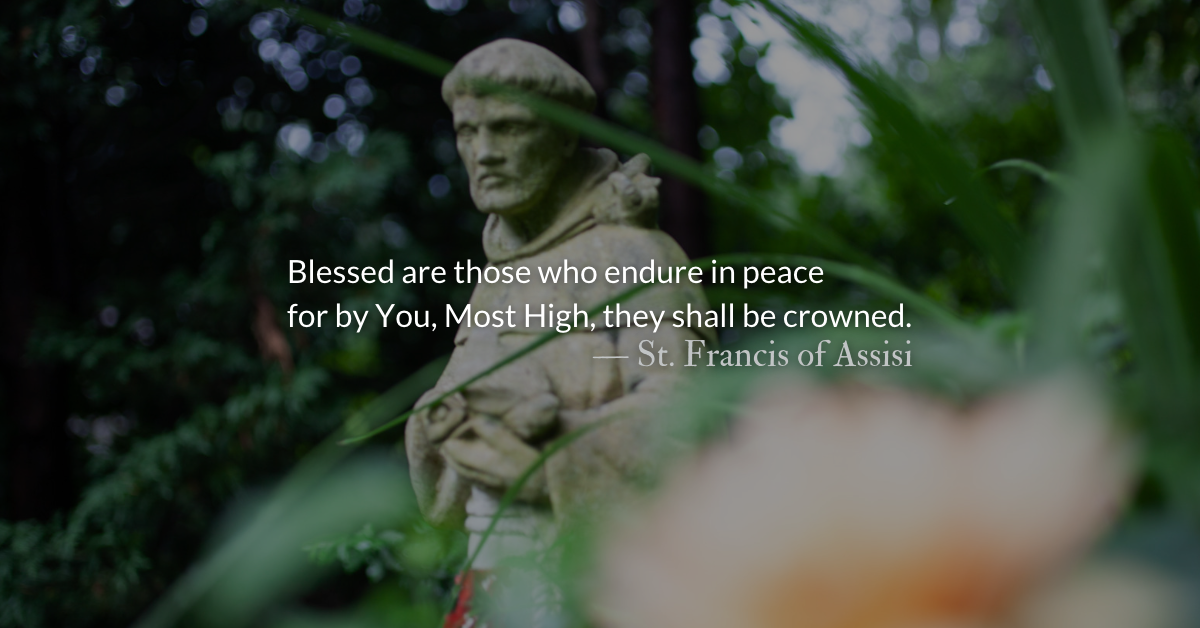Scripture Focus: Job 11.7-9
7 “Can you fathom the mysteries of God?
Can you probe the limits of the Almighty?
8 They are higher than the heavens above—what can you do?
They are deeper than the depths below—what can you know?
9 Their measure is longer than the earth
and wider than the sea.
Ephesians 3.17b-18
17b I pray that you, being rooted and established in love, 18 may have power, together with all the Lord’s holy people, to grasp how wide and long and high and deep is the love of Christ…
Reflection: Mystery in the Ashes
By John Tillman
Job’s friends tried to explain his tragedies as punishments, implying that Job must have done something wrong to cause his suffering. Zophor takes the gloves off and directly attacks Job, hitting him with an angry, accusatory rant. Zophor says Job’s sins are so many that God has forgotten some of them.
Zophar claimed no one could probe the mysteries of God’s action or knowledge. “What can you do or know? God’s actions and knowledge are higher, deeper, longer, and wider…” Ironically, Zophar was simultaneously claiming to understand God’s actions and knowledge.
Some people want a logical and predictable god. Do good? Get immediate, tangible rewards. Do bad? Get immediate, tangible punishment. This turns faith and obedience into cost-benefit analysis and god into a robot who blesses when we push the “bless me” buttons and punishes when we push the “punish me” buttons.
God is not a transactional robot god. Compassionate and gracious, slow to anger, abounding in love and faithfulness, God maintains love to thousands, and forgives wickedness, rebellion and sin. Yet he does not leave the guilty unpunished. (Exodus 34.6-7) God is relational, complicated, and at times illogical: “What is mankind that you are mindful of them?” (Psalm 8.4)
What Zophar thought illogical and impossible happens. God came down to speak to Job. But that was just a taste. Eventually all the mysteries of God are revealed in Jesus—the very ones Zophar thought unknowable.
Jesus is not a robot god distributing tragedies as punishments or blessings as rewards. He’s not a distant God, who is ever-so-sorry you are hurting and tells you to buck up. He’s not a God like Job’s friends who will sit with you awhile but then lose patience and say something hurtful.
Where is Jesus in Job-like moments? In the ashes with us. Perhaps, like Job, there is mystery in the ashes we cannot know without going through the pain.
Jesus is God right in the midst of our hurting and he is there to reveal the mystery of God to us. Who demonstrates the height, depth, width, and length of the love of God? Jesus. (Ephesians 3.14-21) Who shows us the Father? Jesus. (John 14.6-9) Who blots out our sins from God’s remembrance? Jesus. (Hebrews 8.6, 12-13; Jeremiah 31.34) Who reveals to us the mystery of God? Jesus. (Colossians 2.2-3)
Our only joy in blessing or suffering. Jesus. Our only hope, in life or death. Jesus.
Music: Christ Our Hope in Life and Death — Keith & Kristyn Getty
Divine Hours Prayer: A Reading
The woman said to him, “I know that Messiah—that is Christ—is coming; and when he comes he will explain everything.” Jesus said, “That is who I am, I who speak to you.” — John 4.25-26
– From The Divine Hours: Prayers for Summertime by Phyllis Tickle.
Today’s Readings
Job 11 (Listen 2:01)
John 11 (Listen 6:37)
Read more about Urban Legends and Good Shepherds
Abusive “hired hands” may wound their sheep or leave them unprotected from the wolves. But Jesus, the good shepherd, rushes in to face the wolf.
Read more about Pause To Read
The 3rd full podcast episode is out tomorrow. Have you been listening? Let us know what you think. Share and rate the episodes to spread the word.










